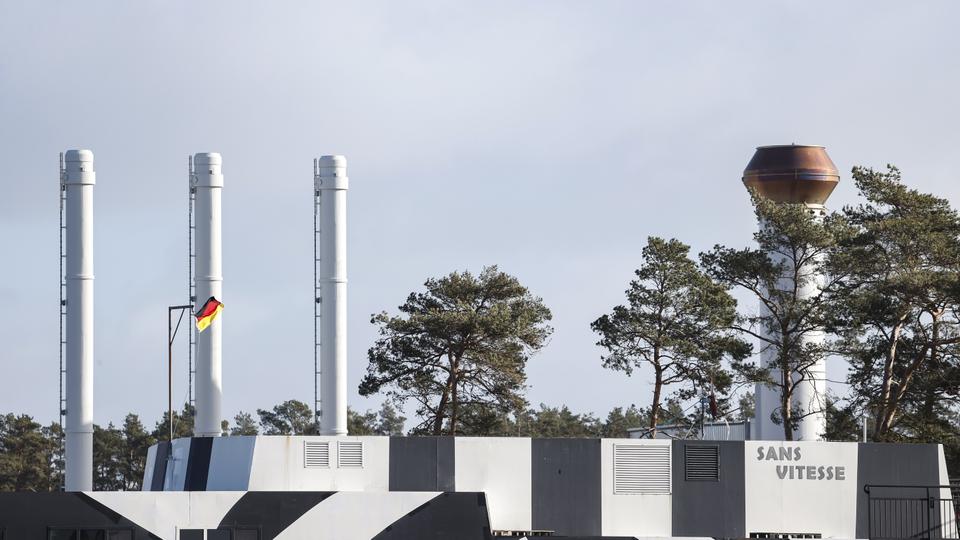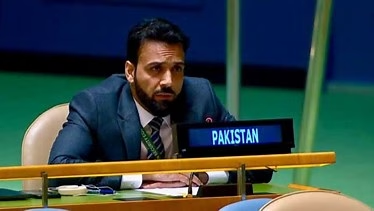Europe has been on edge due to rising energy prices, which have been aggravated by Russia’s suspension of gas deliveries in the aftereffects of its counterattack in Ukraine.
Fears of natural gas shortages have pushed electricity futures contracts in France and Germany to all-time highs.
Fears of natural gas shortages have pushed electricity futures contracts in France and Germany to all-time highs. (AA)
As the situation in Ukraine increases concerns about energy supplies to Europe, Russia’s energy giant Gazprom has blocked all gas deliveries to Germany through the Nord Stream pipeline.
“Supplies through Nord Stream have been totally halted while preventive repair at a gas compressor unit starts today,” the firm stated in a terse statement on Wednesday.
The head of Germany’s Federal Network Agency, Klaus Mueller, described the decision as “technically inexplicable,” suggesting that it was most likely simply a pretext for Moscow to use energy supply as a threat.
Experience has shown that Moscow “makes a political choice after every so-called maintenance,” he said, adding that “we’ll only know if Russia does it again in the beginning of September.”
Europe has been on edge due to rising energy prices, which have been aggravated by Russia’s suspension of gas deliveries in the aftermath of its offensive in Ukraine.
Germany, which heavily relies on Russian gas, has accused Russia of using energy as a “weapon.”
‘Gas shortage’
At the same time, concerns over dwindling supply have prompted businesses to reduce their energy use.
According to the Federal Network Agency, Germany’s industry utilised 21.3 percent less gas in July than the average for the month from 2018 to 2021.
According to Mueller, such proactive measures “may rescue Germany from a gas disaster this winter.”
And Europe’s largest economy was already planning to abandon Russian gas.
The transition to liquefied natural gas is already well underway in the German coastal city of Lubmin, where Nord Stream 1 arrives (LNG).
The LNG will be delivered by ship to Lubmin’s industrial port, where it will be transformed back into gas and put into Gascade’s distribution network, which has previously been used to distribute Russian gas across the nation.
“We hope to be able to inject gas into the distribution network on December 1,” said Stephan Knabe, project manager of Deutsche ReGas.
The company claims that the Lubmin LNG terminal alone can import up to 4.5 billion cubic metres of gas, accounting for about 8% of Nord Stream 1’s capacity.
Meanwhile, Europe as a block is ready to take immediate steps to overhaul the power market in order to bring skyrocketing costs under control. Fears of natural gas shortages have pushed electricity futures contracts in France and Germany to all-time highs.
AFP is the source.











